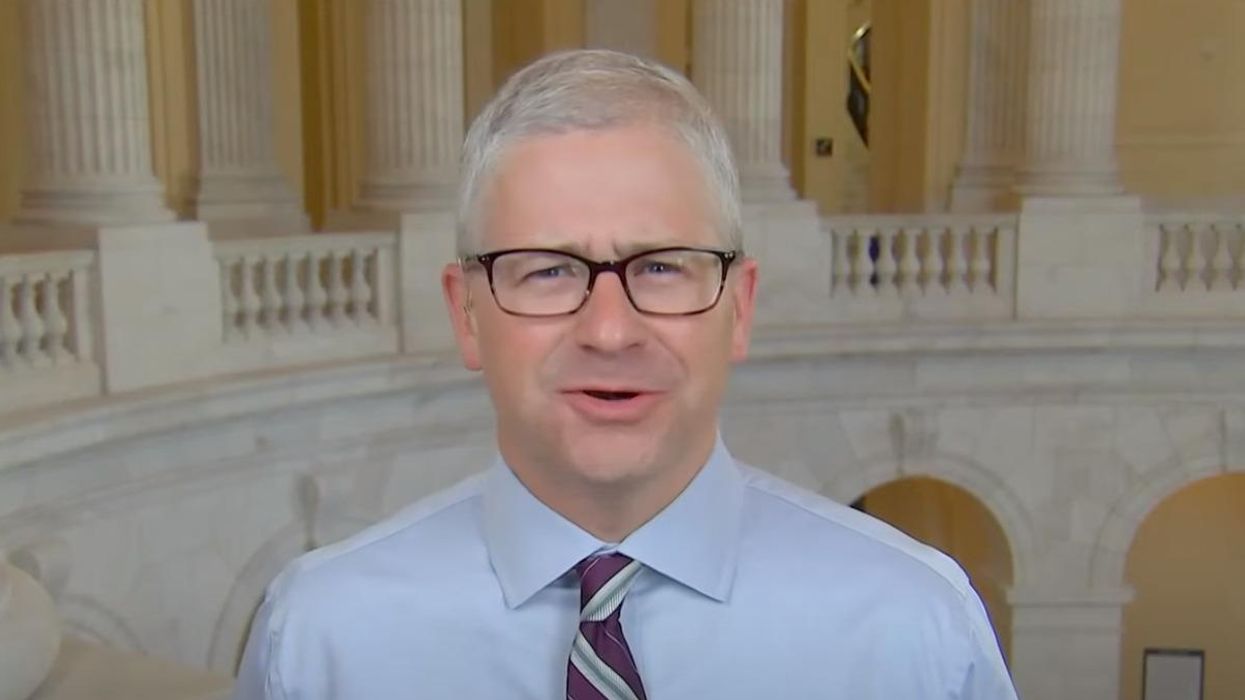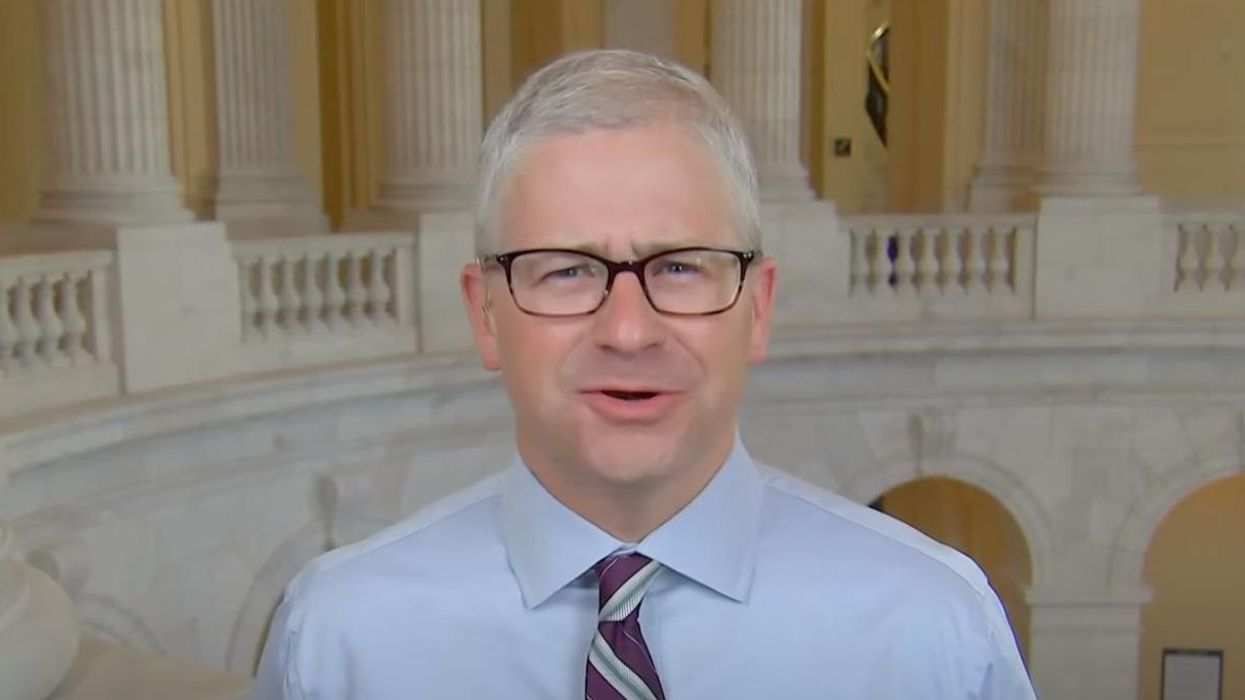Frustrated House Republicans Are 'Quitting In Droves'
On Friday, January 5, the news broke that yet another Republican is leaving the U.S. House of Representatives: Rep. Doug Lamborn (R-CO). The Denver Post's Seth Klamann tweeted that Lamborn is "not running for reelection," and that "all three Republican-held Colorado congressional seats will all be up for grabs in November."
Klamann posted, "Lamborn represents CD5, which is Colorado Springs. It's one of the few remaining conservative bastions in the state, with a number of Republican state and local electeds. It'll almost certainly be a busy primary, folks."
But Colorado is hardly the only state where U.S. House Republicans are deciding against running for reelection in 2024. In an article published the same day as the news on Lamborn, The Atlantic's Russell Berman stresses that "frustrated" House Republicans have been "quitting in droves."
"After the House spent much of October fighting over whom to elect as speaker," Berman reports, "November saw more retirement announcements than any single month in more than a decade. Some members aren't even waiting for their term to end."
After being ousted as speaker, former Rep. Kevin McCarthy (R-California) decided to leave without finishing his term. His last day in Congress was December 31.
Berman observes, "Rep. Bill Johnson of Ohio, a Republican, and Brian Higgins of New York, a Democrat, are each leaving for new jobs in the next several weeks…. A roughly equal number of members from each party plan to forgo reelection this year. But the most powerful departing lawmakers are Republicans: The chair of the House Appropriations Committee, Rep. Kay Granger of Texas, is leaving after a quarter century in Congress, and the head of the Financial Services Committee, Rep. Patrick McHenry of North Carolina, will end his 20-year House career next year."
Rep. Ken Buck (R-CO) has been serving in the House since January 2015 but announced, in November, that he won't be seeking a sixth term. And Rep. Lauren Boebert (R-CO) has moved to Buck's ultra-conservative district, where she is seeking the GOP nomination.
House Republicans who are "leaving after just a few years in Congress," Berman notes, include Rep. Victoria Spartz (R-Indiana) and Rep. Debbie Lesko (R-Arizona).
All these departures, according to Berman, "reflect the rising frustrations within a Republican Party that has floundered in the year since it assumed power in the House — a year in which it has spent more time fighting than governing."
Reprinted with permission from Alternet.












